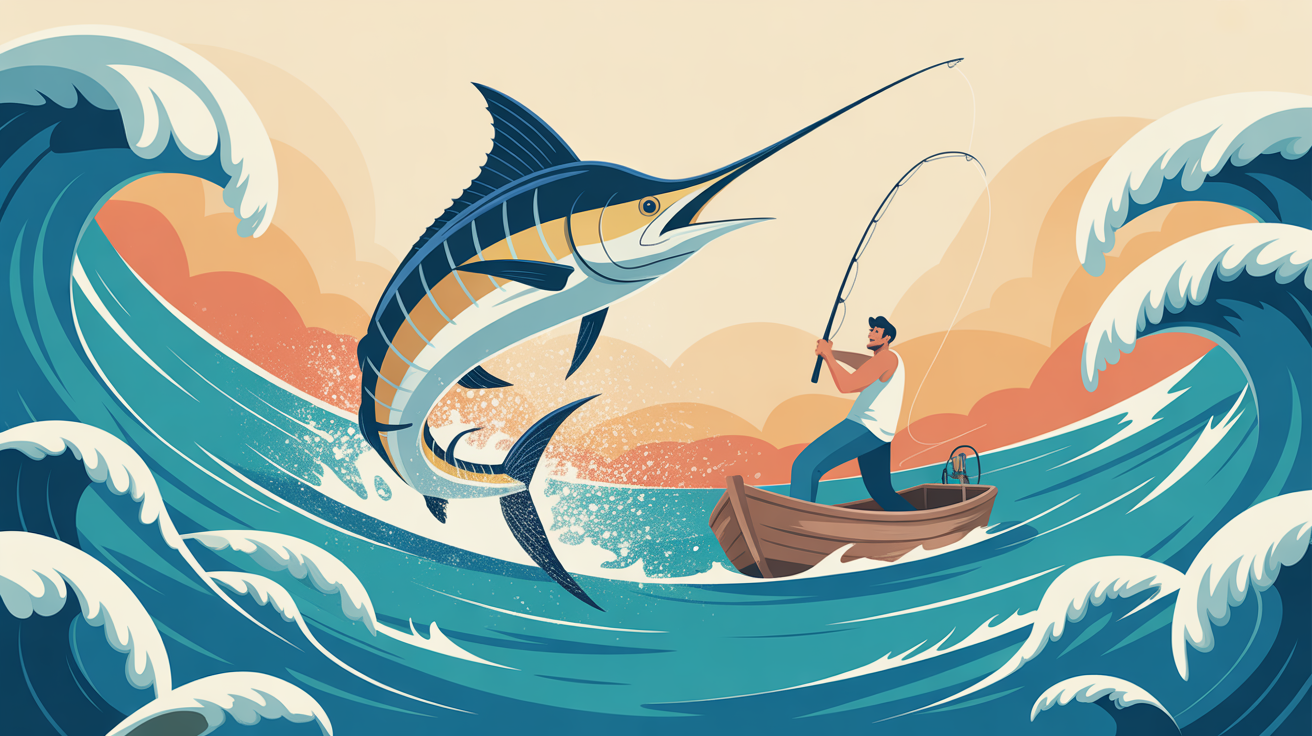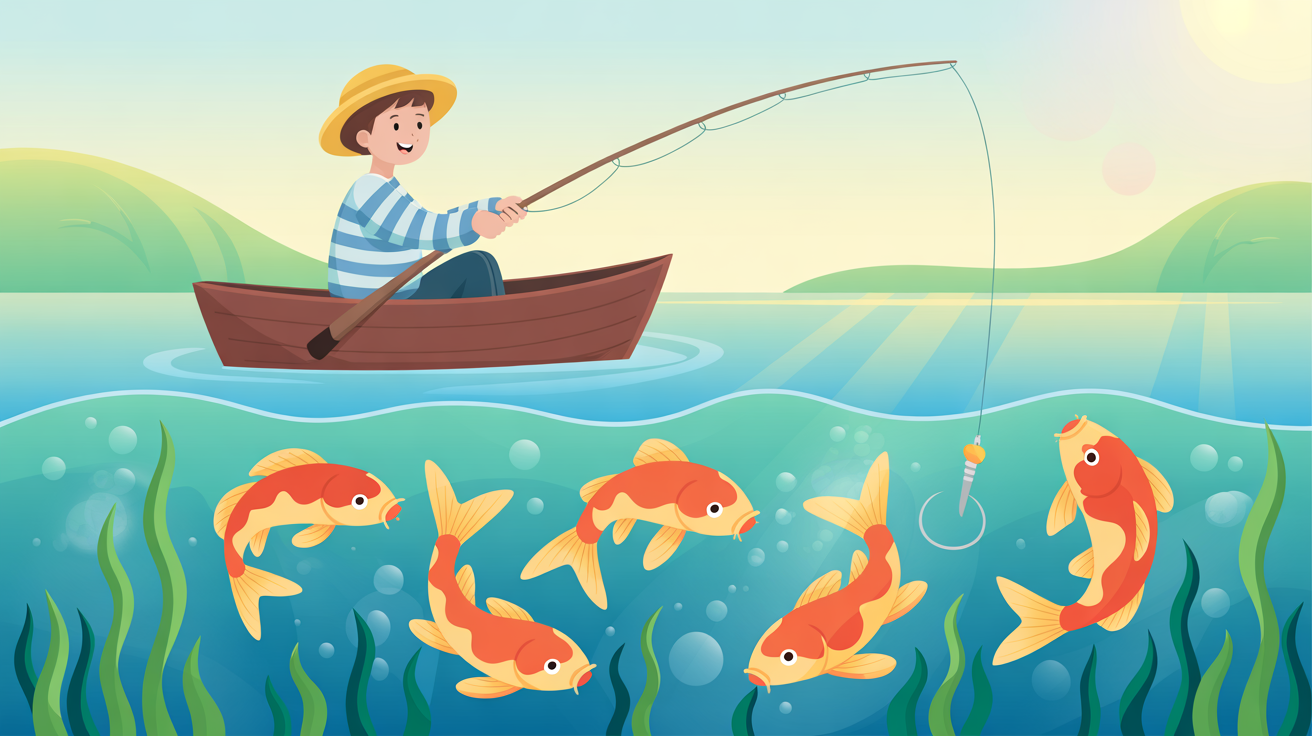What Do You Call Someone Who Fishes? Full List of Terms

Fishing represents more than just a hobby; it embodies a culture and passion that connects millions of people worldwide through shared experiences on the water.
Understanding the proper terms to describe different types of fishermen and anglers, along with clever fishing puns that enthusiasts love to share.
These expressions create bonds between people who understand the unique challenges and rewards of angling.
Terminology varies significantly by region, fishing style, and community, making this vocabulary rich and diverse.
From formal titles to humorous nicknames, each term carries a specific meaning that reflects the speaker’s relationship to fishing culture and individual experiences.
Understanding the Context of Fishing Terminology
Using fishing terminology appropriately requires understanding the social context and the relationship between speakers.
Some terms work well among friends but might offend strangers or in formal fishing environments. Cultural sensitivity helps prevent misunderstandings and builds positive relationships.
Regional variations mean that certain terms carry different weights in various locations.
Professional fishing environments typically prefer formal terms like angler or fisher, while casual settings allow more playful language.
Types of Fishing Terms and Labels

Fishing communities have developed an extensive vocabulary to describe different types of anglers based on experience, skill level, and fishing approach.
This fishing slang ranges from respectful formal titles to humorous nicknames that reflect the personality and culture of various fishing environments.
1. General Terms for Someone Who Fishes
The most common and widely accepted terms for people who fish provide neutral, respectful ways to describe anglers in any context.
- Fisherman/Fisher: Traditional and universally recognized terms for anyone who catches fish
- Angler: A Formal term emphasizing fishing with rod and reel equipment
- Caster: Someone who specializes in casting techniques and accuracy
- Troller: Fisher who uses trolling methods with moving boats
- Fly Fisher/Fly Angler: Specialist in fly fishing with artificial flies
- Spearfisher: Someone who catches fish using spears or similar tools
These standard expressions work well in formal and casual situations across different fishing communities.
2. Slang Terms for Fishermen
Humorous and regional slang creates colorful vocabulary that reflects the fishing culture’s playful side.
- Googan: Derogatory or humorous term for inexperienced or annoying fishermen
- Greenhorn: New or inexperienced angler still learning basic skills
- Gilligan: Clueless or awkward boat captain making questionable decisions
- Lump: Passive or unhelpful angler on fishing charters (Hawaiian origin)
- Helpful Harry: Eager and helpful fishing guest opposite of Lump
- Potlicker: Gulf of Mexico regional term with humorous undertones
These terms range from good-natured teasing to more critical descriptions of angling behavior and skill levels.
3. Specialist Terms Based on Fishing Style
Professional and specialized fishing roles earn specific terminology that reflects expertise levels and job responsibilities.
- Deckie: Deckhand or fishing mate, common in Australian fishing culture
- Charter Captain: Professional boat captain taking clients on fishing trips
- Commercial Fisher: A Professional who fishes for a living, catching large quantities
- Subsistence Fisher: Someone fishing primarily for personal or community consumption
- Guide: A Professional who leads fishing expeditions and teaches techniques
- Tournament Fisher: Angler who competes in organized fishing competitions
These terms distinguish between different types of fishing involvement and commitment levels.
4. Terms for Passionate or Obsessed Fishers
Dedicated anglers who prioritize fishing above other activities earn special recognition through descriptive terms.
- Ate Up With It: Someone completely obsessed with fishing opportunities
- Bank Rat: Angler spending excessive time fishing from shore locations
- Match Angler: Competitive angler participating in organized fishing matches
- Weekend Warrior: Someone who fishes mainly during weekends and holidays
- Die-Hard Angler: Dedicated fisher who continues fishing in challenging conditions
These expressions capture the intensity and commitment that serious fishing enthusiasts demonstrate through their behavior.
5. Regional and Cultural Labels
Different fishing regions develop unique terminology that reflects local culture and fishing traditions.
- Jack Bag: North Carolina derogatory term similar to Googan usage
- Shmiiii: South Florida slang for novice or less skilled anglers
- Munter: UK slang meaning a poor or careless angler with bad technique
- Barney Rubble: UK rhyming slang for “double”, referring to big catches
- Bogan Fisher: Australian term for an unrefined or crude angler
These terms often carry specific meanings that outsiders might not immediately understand without cultural context.
Building Community Connections
Learning proper terminology helps newcomers integrate into existing fishing groups while showing respect for established traditions.
Using appropriate terms demonstrates knowledge of fishing culture beyond just technique and equipment familiarity.
This vocabulary becomes part of a personal fishing identity that connects anglers across different backgrounds.
Experienced anglers appreciate it when beginners take time to understand community language and social expectations.
Understanding both formal and slang terms provides flexibility for different social situations in fishing contexts.
Conclusion
The diverse terminology used to describe people who fish reflects the rich culture and passionate community that surrounds angling activities.
From formal terms like angler and fisher to humorous nicknames like googan and lump, each expression carries a specific meaning that connects fishing enthusiasts.
Learning appropriate usage for different contexts enhances fishing experiences through better social connections and communication.
What fishing terms have you encountered that made you laugh or confused you? Share your favorite fishing terminology and any funny stories about learning angling language in the comments below!






